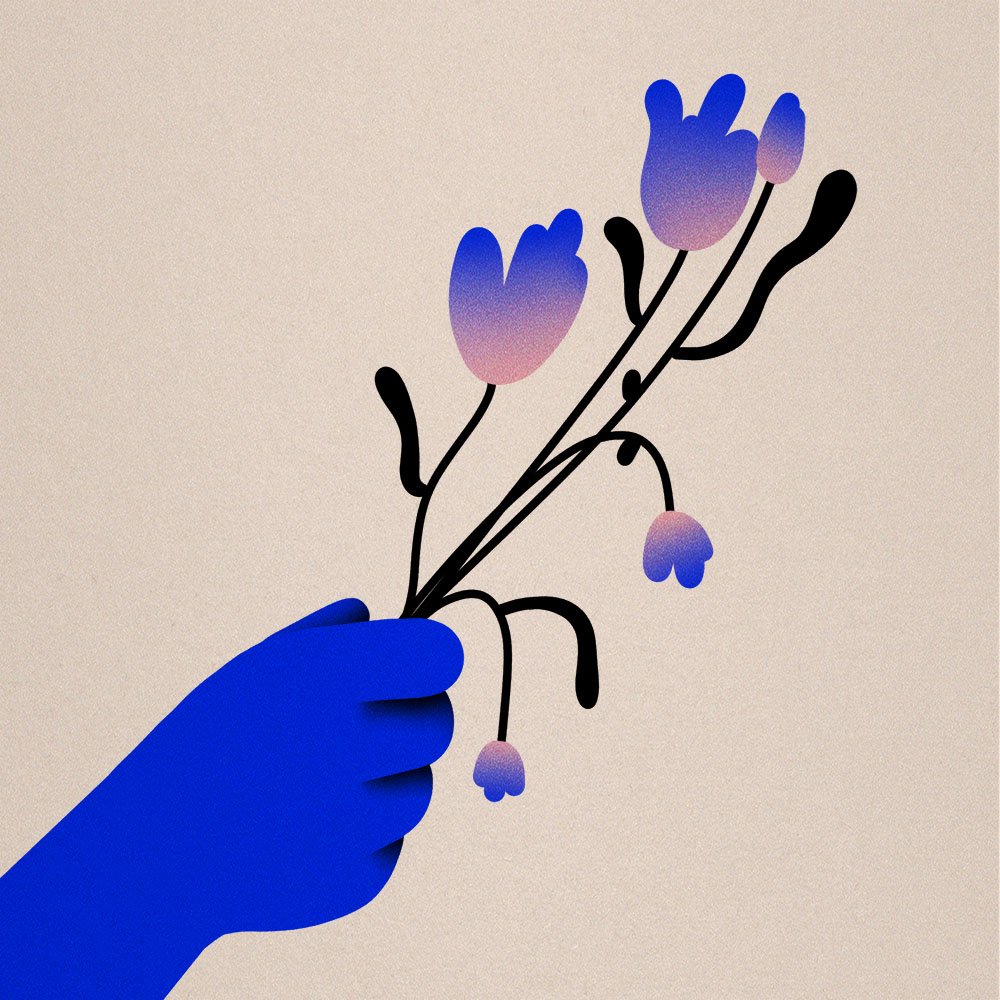Love is a powerful and beautiful emotion that can bring immense joy and fulfillment to our lives. However, not all romantic relationships are healthy, and sometimes, love can lead us down a path of toxicity and emotional turmoil. So it’s important to be able to recognize the red flags of a toxic romantic relationship before it takes a toll on your mental and emotional well-being. Let’s explore some of the most common red flags to watch out for in a toxic relationship.
1. Excessive Jealousy and Possessiveness
Healthy relationships are built on trust and mutual respect. If your partner constantly exhibits jealousy and possessiveness, it's a significant red flag. It may start with seemingly harmless comments like, "You can't talk to that person" or "You can't wear that outfit," but it can escalate into controlling behavior, isolating you from friends and family, and monitoring your every move.
2. Constant Criticism and Put-Downs
In a loving relationship, partners should uplift and support each other. However, in a toxic relationship, criticism and put-downs become the norm. If your partner consistently belittles you, mocks your aspirations, or makes you feel inadequate, it's a clear sign that the relationship might be toxic.
3. Lack of Communication or Stonewalling
Effective communication is the backbone of any successful relationship. If your partner avoids communication or uses stonewalling (refusing to engage in conversation or shutting down discussions), it can be detrimental to the relationship's health. Healthy relationships require open and respectful dialogue.
4. Emotional Manipulation
Toxic partners often engage in emotional manipulation to maintain control. This can include guilt-tripping, playing the victim, or using your vulnerabilities against you. If you find yourself constantly feeling guilty or manipulated, it's a red flag.
5. Isolation from Friends and Family
Isolation is a classic tactic in toxic relationships. Your partner may try to separate you from your support system by discouraging or outright forbidding you from spending time with friends and family. Isolation makes it easier for the toxic partner to maintain control and influence your decisions.
6. Unpredictable Mood Swings
A partner with unpredictable mood swings can create a hostile and tense environment. You may feel like you're walking on eggshells, never knowing what might trigger their anger or frustration. This emotional instability can be emotionally draining and is a significant red flag.
7. Physical, Verbal, or Emotional Abuse
Physical, verbal, or emotional abuse is a glaring and dangerous red flag in a romantic relationship. Abuse can take many forms, including physical violence, shouting, name-calling, and humiliation. It's crucial to seek help and remove yourself from this situation if you are experiencing abuse.
8. Lack of Support for Your Goals and Aspirations
In a healthy relationship, your partner should be your biggest cheerleader. If your partner consistently dismisses or undermines your dreams and goals, it's a sign of toxicity. A supportive partner will encourage you to reach your full potential.
9. Gaslighting
Gaslighting is a manipulative tactic where your partner tries to make you doubt your own reality or feelings. They may deny things they've said or done, making you question your sanity. Gaslighting can be extremely damaging to your self-esteem and sense of reality.
10. Financial Control
In some toxic relationships, one partner may exert control over finances, making it difficult for the other to access money or make financial decisions. Financial control can lead to dependence and a sense of powerlessness. A supportive partner will make sure you both have equal access to money and resources, and will share decision-making with you.
Recognizing the red flags of a toxic romantic relationship is the first step toward breaking free from its grip. If you find yourself in such a relationship, remember that you deserve love, respect, and happiness. Seek support from friends, family, or a therapist to help you navigate this challenging journey. Healthy relationships are built on trust, respect, and open communication, and you have the right to pursue a love that nurtures your well-being and personal growth.



























































